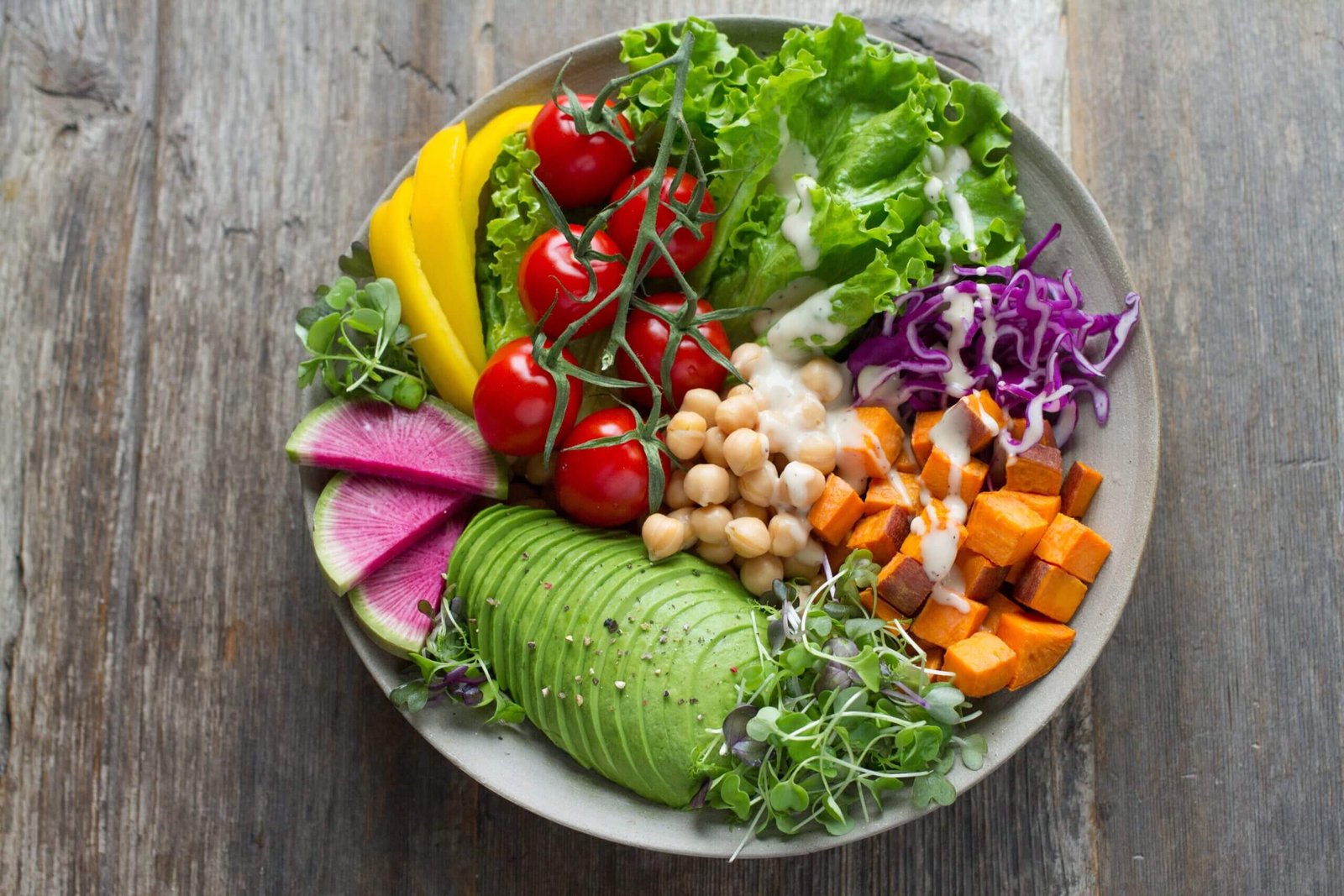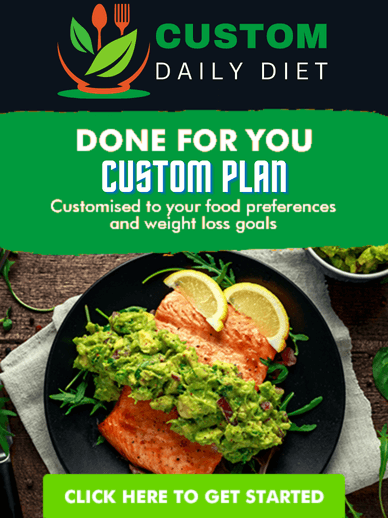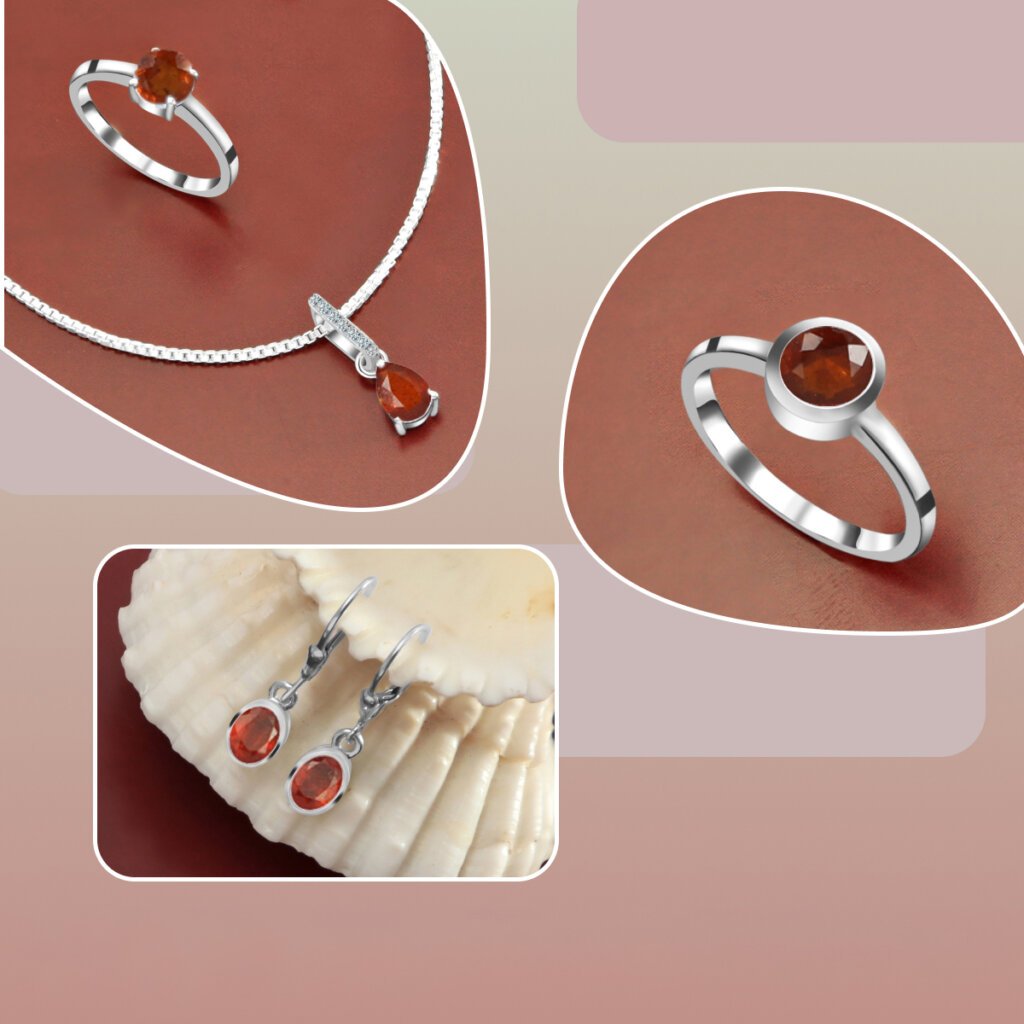Introduction
Are you looking to improve your health and embrace a vegan lifestyle? Look no further! In this article, we will guide you on how to create a custom vegan diet plan that will not only nourish your body but also help you achieve optimal health.
Why Choose a Vegan Diet?
Before diving into the details of creating a custom vegan diet plan, let’s understand why choosing a vegan lifestyle can greatly benefit your health. A vegan diet is rich in fruits, vegetables, whole grains, legumes, nuts, and seeds, providing you with essential nutrients, vitamins, and minerals.
Research has shown that following a vegan diet can reduce the risk of chronic diseases such as heart disease, type 2 diabetes, and certain types of cancer. It can also help in maintaining a healthy weight and improving overall digestion.
Creating Your Custom Vegan Diet Plan
1. Assess Your Nutritional Needs: Before getting started, it’s important to assess your nutritional needs. Consult with a registered dietitian or nutritionist to determine the number of calories, macronutrients, and micronutrients your body requires on a daily basis.
2. Choose a Variety of Plant-Based Foods: To ensure you’re getting all the essential nutrients, include a variety of plant-based foods in your diet. This includes fruits, vegetables, whole grains, legumes, nuts, and seeds. Aim to consume different colors of fruits and vegetables as each color offers a unique set of nutrients.
3. Get Sufficient Protein: One common misconception about a vegan diet is the lack of protein. However, it’s entirely possible to meet your protein needs through plant-based sources such as tofu, tempeh, lentils, quinoa, and chia seeds. Incorporate these protein-rich foods into your meals to maintain muscle mass and support various bodily functions.
4. Include Healthy Fats: Healthy fats are essential for brain health and the absorption of fat-soluble vitamins. Include plant-based sources of fats such as avocados, coconut oil, olive oil, nuts, and seeds in your diet. However, be mindful of portion sizes as fats are high in calories.
5. Don’t Forget About Calcium and Vitamin D: Calcium and vitamin D are crucial for maintaining strong bones and teeth. While dairy products are not part of a vegan diet, you can obtain calcium and vitamin D from plant-based sources such as fortified plant milk, tofu, kale, and almonds.
Sample Vegan Meal Plan
Here’s a sample vegan meal plan to help you get started:
- Breakfast: Overnight oats topped with mixed berries and a sprinkle of chia seeds.
- Lunch: Quinoa salad with mixed vegetables, chickpeas, and a lemon-tahini dressing.
- Snack: Apple slices with almond butter.
- Dinner: Baked tofu with roasted sweet potatoes and steamed broccoli.
- Snack: A handful of mixed nuts.
Conclusion
A custom vegan diet plan can do wonders for your health and well-being. By following a well-balanced vegan diet that meets your nutritional needs, you can enjoy the benefits of improved digestion, weight management, and reduced risk of chronic diseases. Remember to consult with a healthcare professional or registered dietitian to create a plan that suits your specific needs and preferences.





